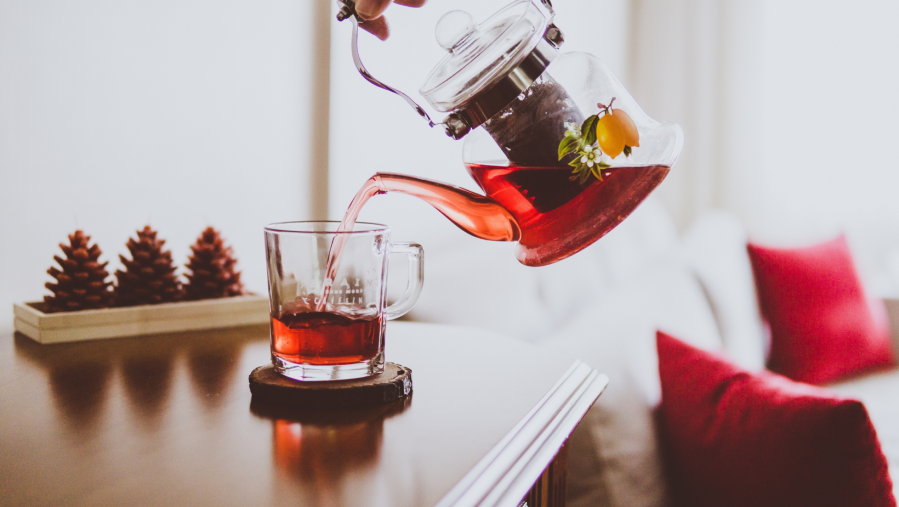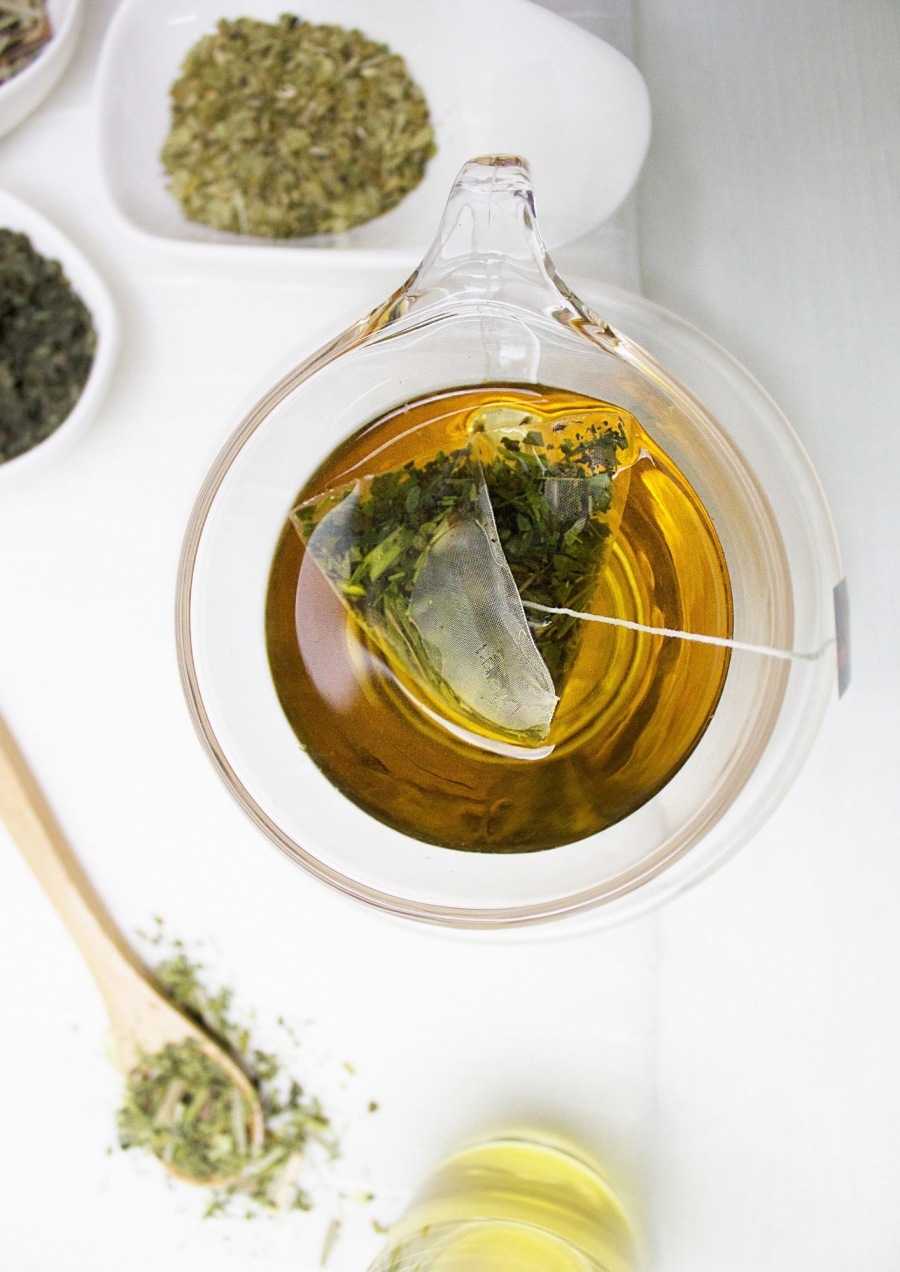Food of the Month: Tea
Posted on 08/30/2022 by FTB
This month's food of the month is not "food" but a beverage that we all love and that many of our Food Trucks sell: tea. Tea is one of the most popular drinks right now and is consumed all over the world. People drink tea for so many reasons. Whether they want to start their morning with a sweet and hot tea or enjoy a warm afternoon by drinking iced tea with friends, tea is there to bring its unique flavor and enticing aroma to make our lives more colorful. Today we will discuss the long and interesting history of tea and review some facts and myths.






